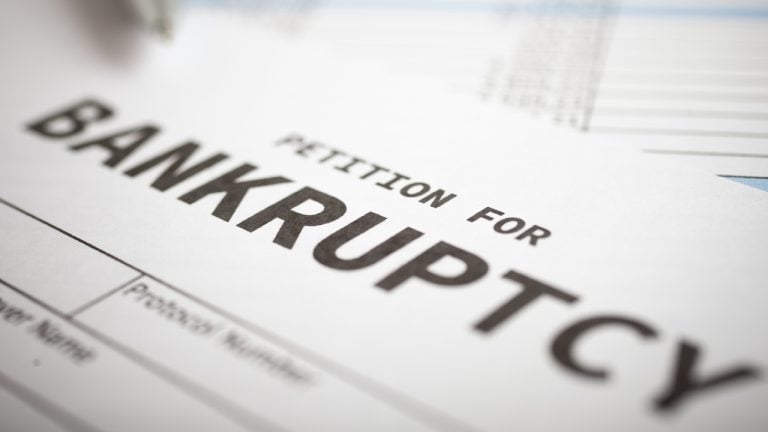
The Ledger connector vulnerability put the entire DeFi ecosystem at risk, with market experts asking users to remain cautious of using DApps even after Ledger released a patch.
Welcome to Finance Redefined, your weekly dose of essential decentralized finance (DeFi) insights — a newsletter crafted to bring you the most significant developments from the past week.
The past week in DeFi saw an unprecedented chain of events unfold on Dec. 14 when a malicious actor exploited a vulnerability in the Ledger hardware wallet’s connector library. The exploit put the entire decentralized application (DApp) ecosystem at risk. On-chain analysts and DApps like SushiSwap and MetaMask advised users not to interact with their wallets at all.
Ledger released a patch within hours to contain the vulnerability, but the exploiter drained over $650,000 in assets from multiple victims. However, considering the number of wallets and DApps at risk, the drained amount was considerably lower than it could have been.












